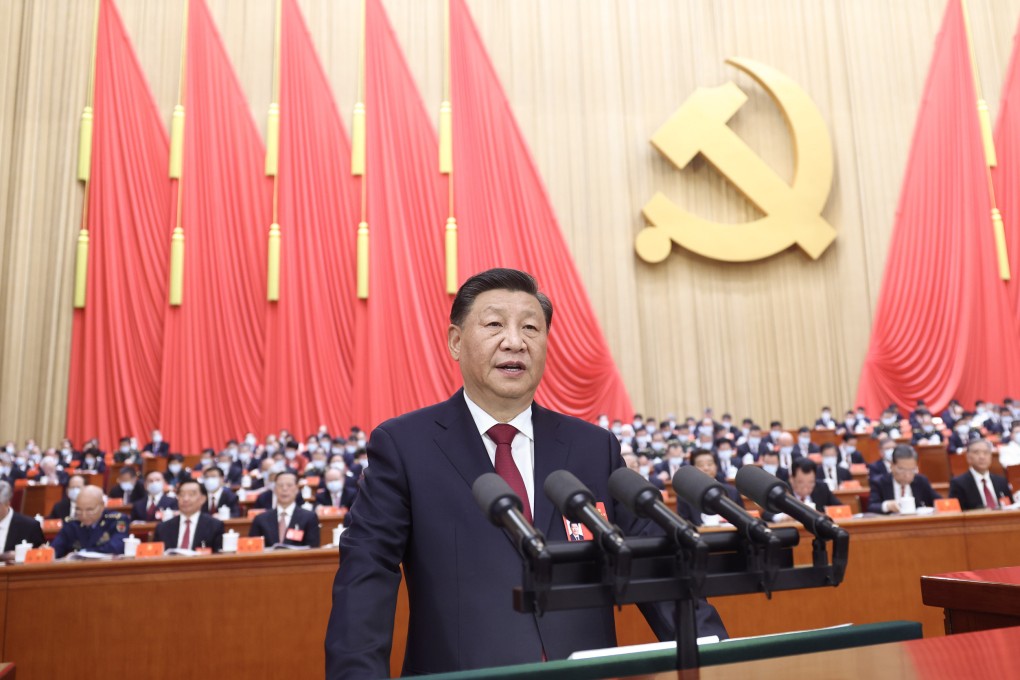Reflections | Why reunification with Taiwan is hard-wired into Chinese people’s psyche
- When China was a unified empire under the Qin and other dynasties, it was strong, prosperous and prestigious. But when it was fragmented, its people suffered
- China insists on reunification with Taiwan because the present status represents an aberration to its narrative that national unity begets national greatness

Scotland’s parliament cannot hold a second referendum on independence without the approval of the parliament of the United Kingdom, the UK supreme court ruled last week, a ruling that angered supporters of Scottish nationhood.
Nicola Sturgeon, Scotland’s pro-independence first minister, accused Westminster of showing “contempt” for Scotland’s democratic will. “This ruling confirms that the notion of the UK as a voluntary partnership of nations, if it ever was a reality, is no longer a reality,” she said.
Besides Scotland, there are other secessionist movements worldwide.
Many in the francophone province of Quebec have been seeking independence from Canada for decades.

In Spain, Basque separatism used to be synonymous with terrorism, but the movement has since eschewed violence.
